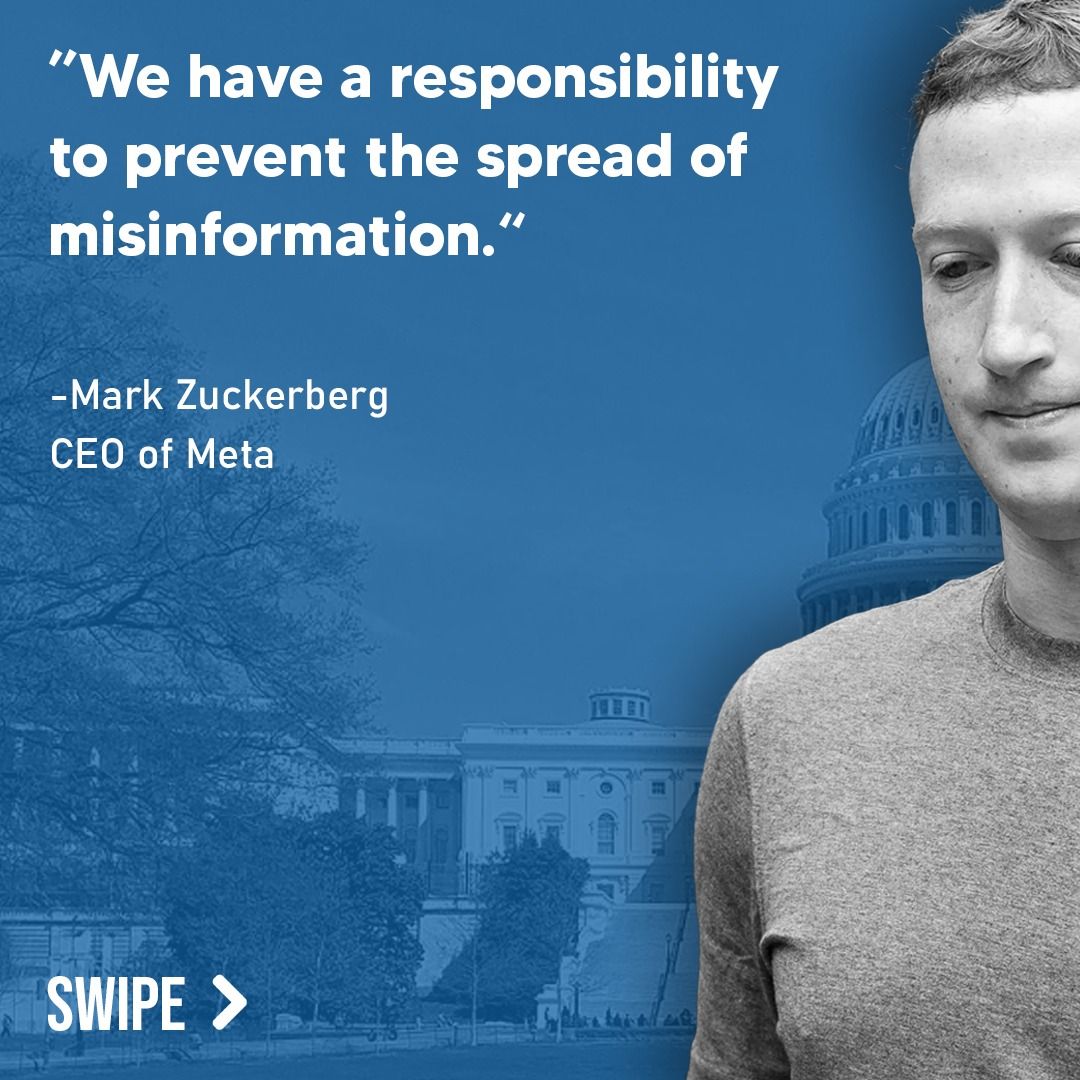
Why We Fact-Checked This Story
This CNBC report claims that most U.S. companies are raising consumer prices in response to new tariffs imposed by the Trump administration. A DBUNK user flagged it with a critical question: If tariffs are meant to help American consumers and businesses, why are they reportedly leading to higher prices instead? This fact-check investigates the claim and the data behind it.
Understanding the Background
Tariffs—taxes on imports—are commonly used to protect domestic industries by raising the cost of foreign goods. The Trump administration previously relied on tariffs during its first term, often targeting countries like China. In 2025, the administration reintroduced broad “reciprocal” tariffs affecting over 180 nations, claiming it would hold trading partners accountable. This renewed push has reignited debates over how tariffs trickle down to consumers and small businesses.

Fact-Checking the Key Claims
Claim #1: “More than 35% of manufacturers and nearly 40% of service firms raised prices within a week of seeing tariff-related cost increases.”
This claim comes from the New York Federal Reserve’s May 2025 regional survey of business leaders. The data confirms that 35% of manufacturers and 38% of service sector firms reported implementing price hikes within one week of facing new tariff-induced costs. The survey represents firms in New York, Northern New Jersey, and parts of Connecticut—regions deeply integrated into international supply chains. While the claim is true, it is based on a regional sample and may not represent the entire country. However, the numbers do align with broader national economic responses observed in earlier rounds of tariffs during 2018–2019, as noted by the National Bureau of Economic Research.
Claim #2: “Nearly nine out of 10 of the 300 CEOs surveyed in May said they have raised prices or planned to soon.”
This claim is supported by a May 2025 survey conducted by Chief Executive Group and AlixPartners. The report found that approximately 88% of CEOs had either raised prices already or planned to do so. Additionally, 70% intended to increase prices by at least 2.5%. These findings reflect ongoing efforts by companies to offset rising input costs due to tariffs. This claim is accurate, and the data is consistent with inflationary trends seen following previous rounds of trade restrictions.

Claim #3: “Trump announced in early April that he would impose ‘reciprocal’ tariffs on more than 180 countries and territories.”
This claim is misleading. According to official White House press briefings and coverage from the Associated Press, while the Trump administration did reintroduce reciprocal tariffs in April 2025, these were not targeted at 180 countries and territories. Instead, the tariffs broadly applied to countries with significant trade surpluses with the U.S., primarily focusing on China, Vietnam, the EU, and others. The “180 countries” number appears exaggerated or symbolic, possibly referencing the total number of U.S. trading partners rather than those directly impacted. Therefore, this claim lacks accuracy and overstates the scope of affected regions.
Claim #4: “In May, about 77% of service firms and 75% of manufacturers passed tariff-related cost increases to customers.”
This claim reflects data from a regional survey conducted by the New York Fed in May 2025. According to the Fed’s released findings, 77% of service firms and 75% of manufacturing companies passed at least some of the increased costs to clients. These numbers confirm that the impact of tariffs is not just hypothetical; it is translating into real consumer and business cost increases. While based on New York-region data, this still paints a reliable picture of how widespread the price pass-through effect likely is nationally. The claim is accurate and supported by the source data.

Final Assessment
The CNBC article is largely accurate in its use of data and quotes from surveys by the New York Federal Reserve and CEO roundtables. However, it occasionally lacks national scope context, highlighting regional data as though it applies universally. The headline and framing suggest price hikes are inevitable and universal, but the core data originates from regional surveys rather than nationwide samples. Additionally, the claim that 180 countries were targeted by tariffs is inflated. There’s bias in how the article emphasizes consumer cost pain without adequately exploring any potential benefits to U.S. producers or the administration’s rationale. Still, the article is grounded in concrete data and credible sources.

Take Control of the Facts
Confused by another headline? Want help sorting reality from rhetoric? Download the DBUNK app today or follow us on social media to fact-check the news you care about—for free.

